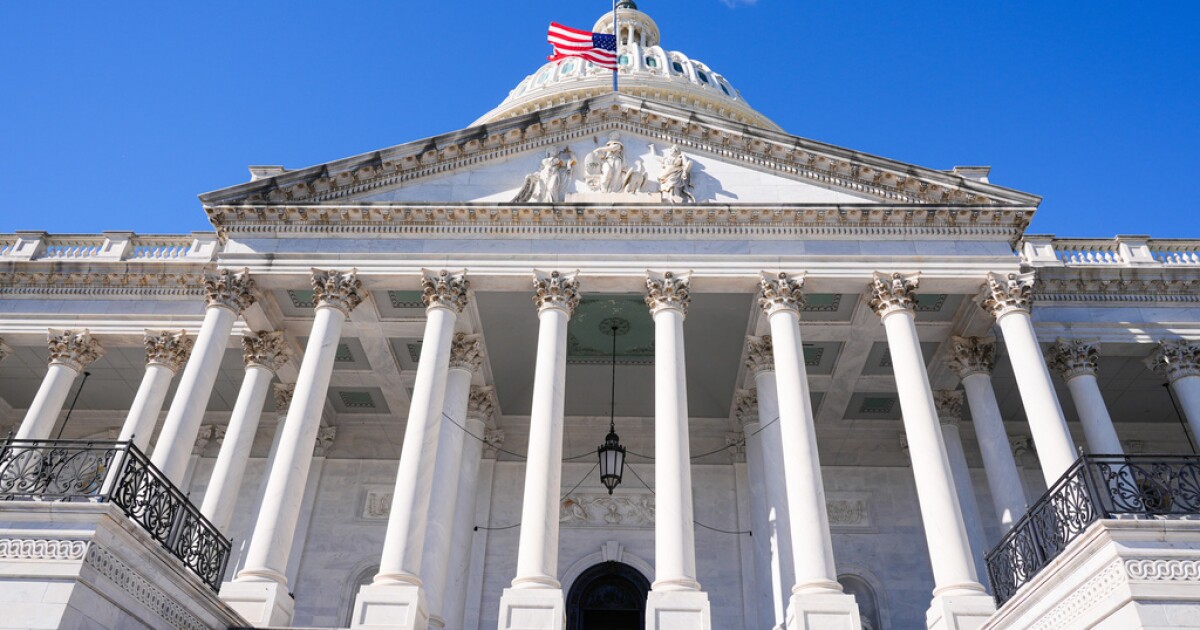The U.S. Senate voted on Sunday to advance a stopgap funding bill designed to end the federal government shutdown, which has now entered its 41st day. This bipartisan agreement between centrist Democrats and Republicans would fund much of the government through January 30, 2026, ensure backpay for federal employees, and reverse recent layoffs. It also allocates funding for essential programs, including the Supplemental Nutrition Assistance Program (SNAP), commonly known as food stamps.
While the majority of Democrats opposed the measure, enough members crossed party lines to meet the required 60 votes, thereby avoiding a filibuster. The vote coincided with widespread disruptions in air travel, as over 2,000 flights were canceled and approximately 7,000 others were delayed across the United States.
Despite the Senate’s agreement, the funding bill does not extend subsidies linked to the Affordable Care Act, a key concern for many Democrats during this prolonged shutdown. As open enrollment for health insurance approaches, the absence of these subsidies means that millions of Americans could face higher premiums. President Donald Trump indicated over the weekend that he would not support extending these subsidies, although Republicans have promised future votes on the matter.
House Minority Leader Hakeem Jeffries of New York expressed strong opposition to the Senate’s compromise. In a statement, he declared, “We will not support spending legislation advanced by Senate Republicans that fails to extend the Affordable Health Care Act tax subsidies.” He emphasized the need for the House of Representatives to act decisively, calling on House Speaker Mike Johnson to end what he characterized as a “seven week Republican taxpayer-funded vacation.”
Impact of the Shutdown on Americans
For millions of Americans, the Senate’s action provides a glimmer of hope amid ongoing uncertainty regarding essential services, travel, and income. With cloture invoked, the Senate is now poised for limited debate before a final vote, which will only require a simple majority to pass. Should the package gain approval, it will proceed to the House, where Speaker Mike Johnson has yet to announce his position on the framework.
The shutdown, which began on October 1, 2023, is now the longest in U.S. history. Throughout this standoff, the Senate has conducted over a dozen votes, with Democrats advocating for the preservation of Affordable Care Act tax credits set to expire at the end of the year. Republicans, on the other hand, have maintained that comprehensive health care discussions should take place only after the government reopens.
In this politically charged environment, the future of health care subsidies remains uncertain, alongside the broader implications of the funding bill on federal employees and essential programs. The outcome of the House vote will be crucial in determining whether the government can avert further disruptions and restore stability to millions of citizens.
